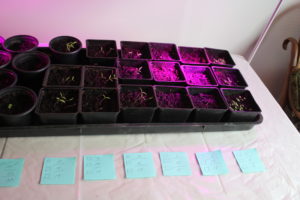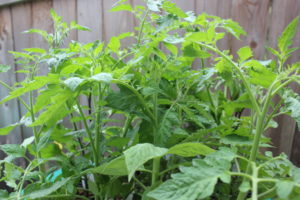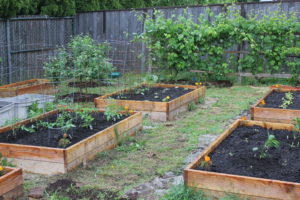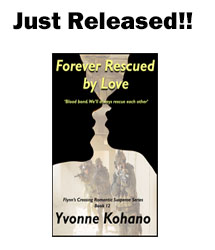“I’ll plant vegetable seeds this year,” I said to Dear Hubby in the dark of January. “We have growlights, we have the room indoors, and we have plenty of time.” DH nodded and together, we selected personal favorites we’ve had success with in the past.

For the record, I am a past Master Gardener, and I’ve seed-started many veggies over the years, with great success. Plus, this year we have new raised beds filled with high-quality soil mixed specifically for vegetables. I bought my seeds from my favorite reputable Big Name company that sends me multiple glossy, thick catalogs each year.
Yes, spring here has been most un-spring-like, with cold temps and prolonged wet and dark days. But that’s no excuse. It is almost June. So how hard could it be? Evidently darned hard, since the tomatoes, eggplants and peppers are STILL only an inch tall after 6 weeks, and dying off bit by bit.
How is this like writing, you might ask?
For a successful garden, you need the right quality and selection of seeds. For a good STORY, you need the seed of an idea that can grow into (in my case) a full-length fictional plot.
Seeds grow in special starter mix. Stories germinate and grow in the fertile mind of a writer, fed by a healthy proportion of craft and technique and practice.

When you plant your veggies in their place in the sun, you must water and weed and stake and tend. We writers must water our expansive creativity, weed out the scenes that aren’t going to work even if we love them, tie things together so the characters can reach their story’s maturity, and edit like a long spell of 100 degree days.
Finally, when you harvest, it isn’t enough to pick the results of months of a plant’s effort and bring it in to sit on the counter. Admiration, while fun to enjoy, is not THE END. Sending the story out into the world without a solid promotional plan is like letting the tomato rot on the counter. That’s not why we grow edibles.

And the work-in-progress I’ve been slaving over? I’m staring at a literary dead plant there. I tried out a different kind of editing method this time around. It’s costing me days more in time and wheelbarrows full of frustration, and I don’t think it’s making the book any better in the end. I’m dumping that load in the compost too, and going back to the editing that suits my style best.
A new novel, ready for human consumption this July. And maybe we’ll have tomatoes – by August. Stay tuned here to learn about the progress on both!
What similarities do you see between your creative process and an act of nature?


